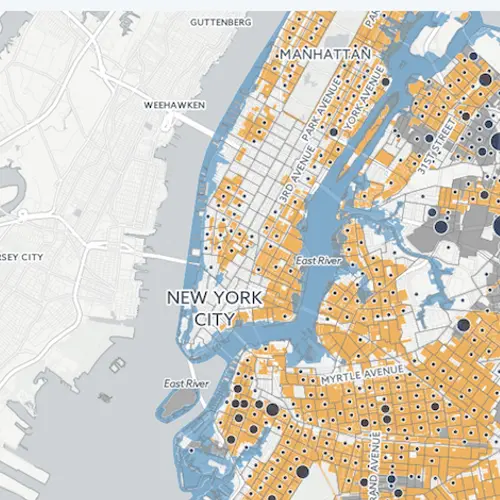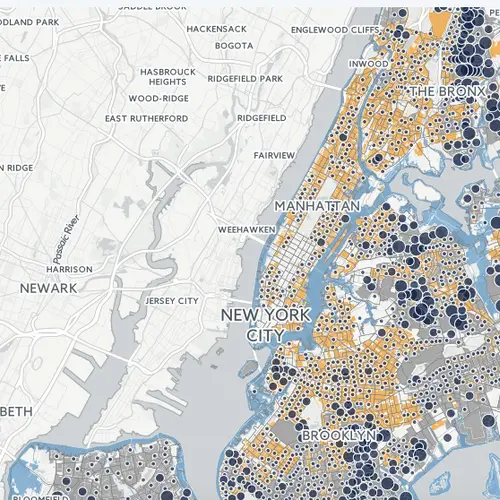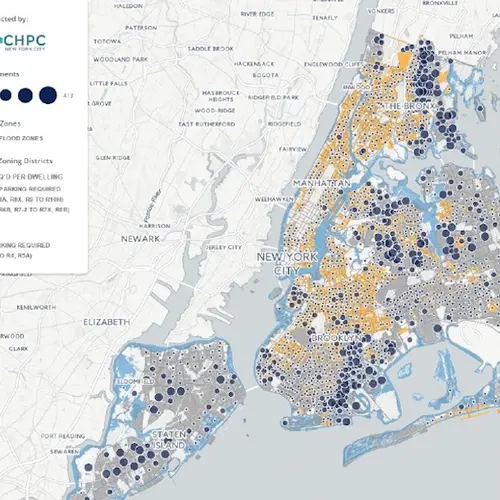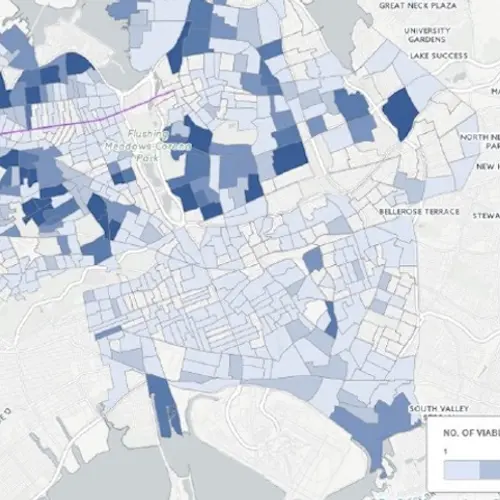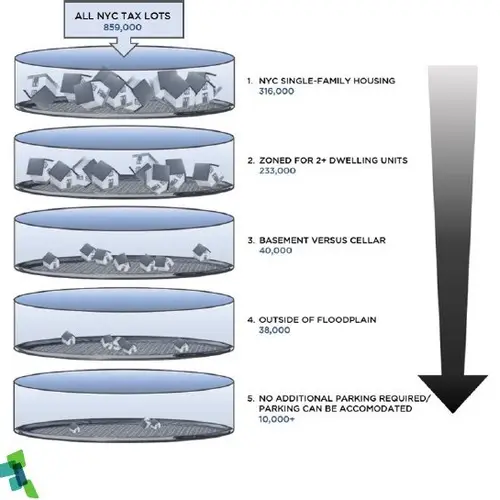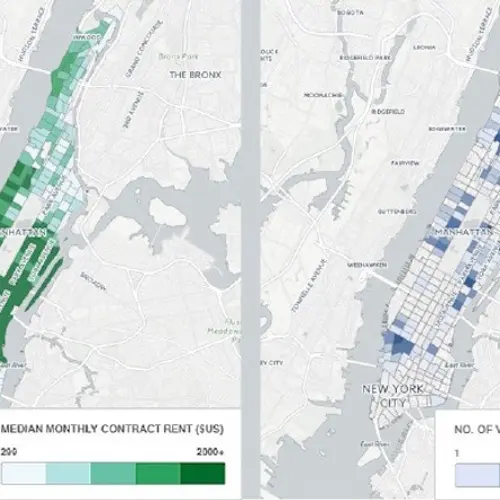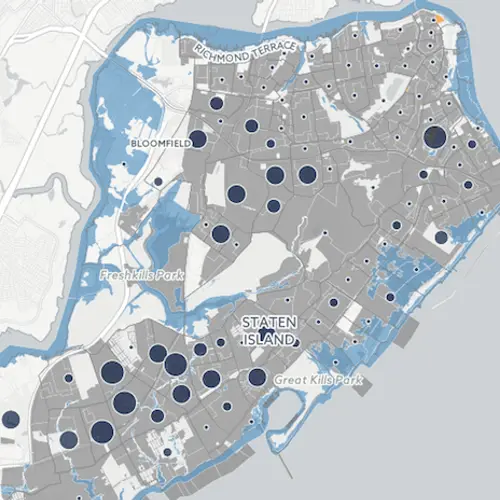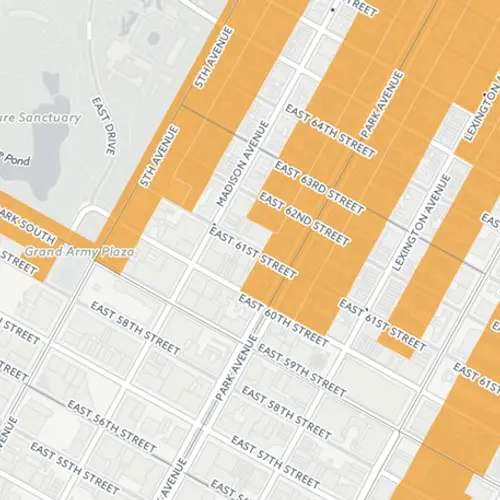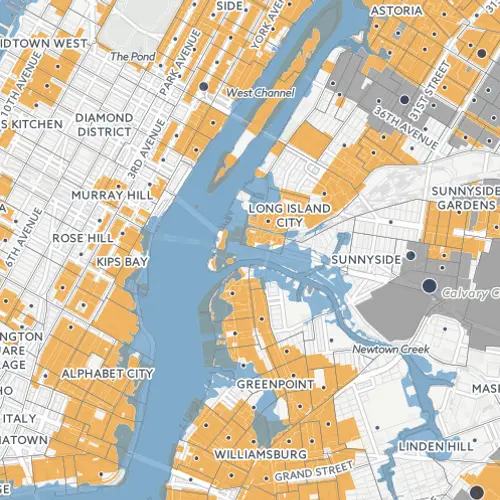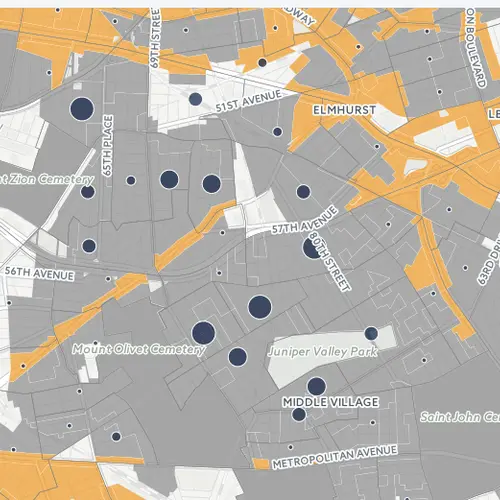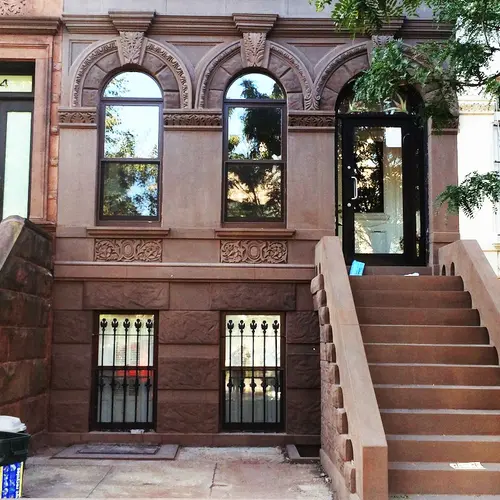More basement apartments would help ease the city’s housing crisis, says new study
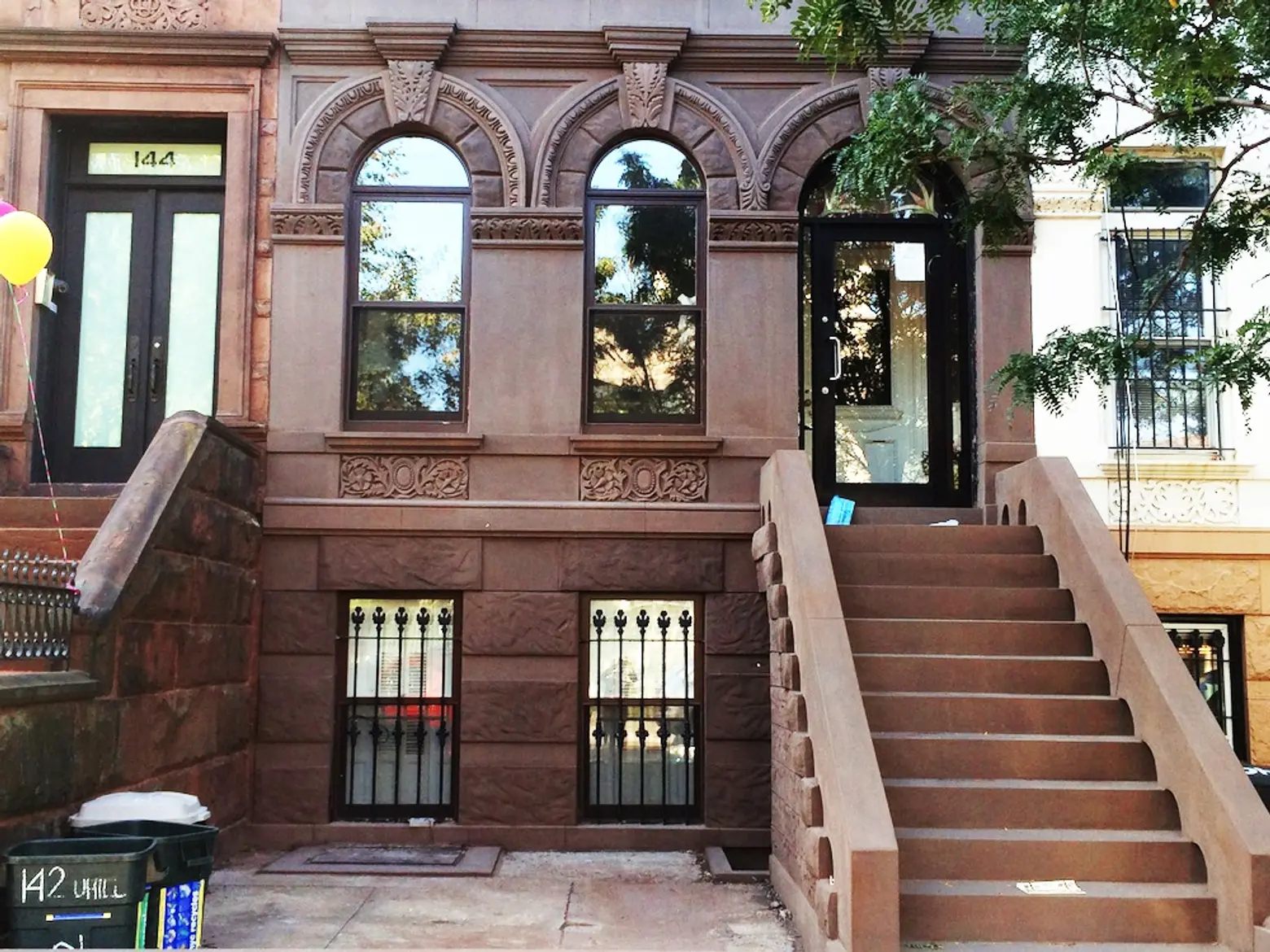
A study released Thursday by the Citizens Housing and Planning Council (CHPC) suggests that Mayor Bill de Blasio’s initiatives to ease the city’s housing woes should include a program that would convert the 38,000 or so basements in the city’s single-family homes without having to make big changes to city or state laws. As Crain’s reports, the study is part of the CHPC’s Making Room initiative that explores how alternative housing typologies can better meet the needs of New York’s diverse households. The council introduced the study by stating their belief that “based on the findings we present here, that a basement conversion program in New York City would be an efficient and exciting way to add residential density and expand housing choices in our expensive and highly constrained urban market.”
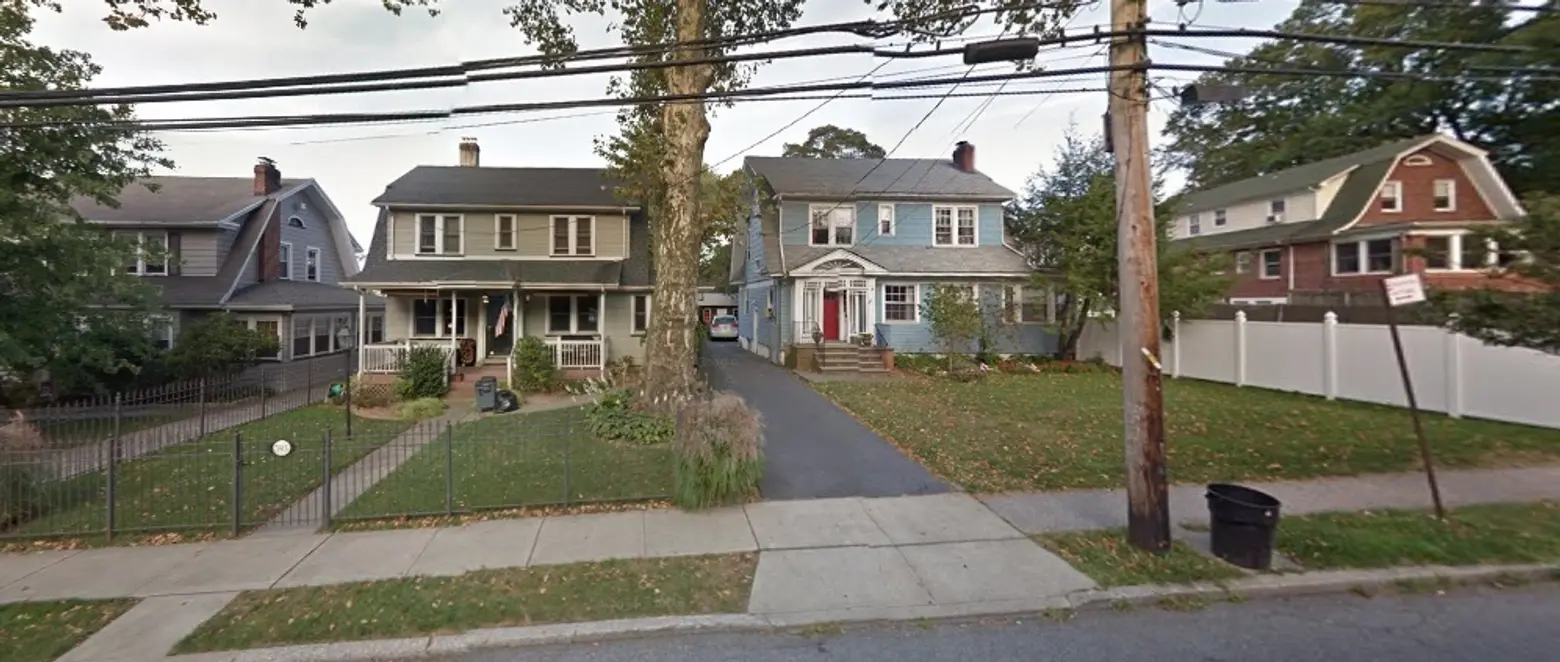
Where the basements are (and the parking spaces aren’t): Staten Island.
The council goes on to make arguments in favor of conversion, and to recommend some ways a pilot program could take shape; the report includes an interactive map to help estimate the potential supply and distribution of basement units and as an “essential planning tool that helps to identify areas of the city where a conversion program could have the most impact.”
The council provided six recommendations for how a basement legalization pilot could be structured. Beyond creating the program and identifying key geographic areas, recommendations include revising building regulations that are the most prohibitive, training and accrediting design and construction professionals to participate in the program and coming up with “new fire suppression and prevention technologies.”
According to Crain’s there are already as many as 210,000 basement spaces that could be converted to legal dwellings, which some feel could make a dent in the city’s housing crisis. But the regulatory hurdles to making it happen are many and complex, which is why the council sees the benefit in a program to help harness the potential housing windfall and provide valuable supplemental income to owners of single-family homes.
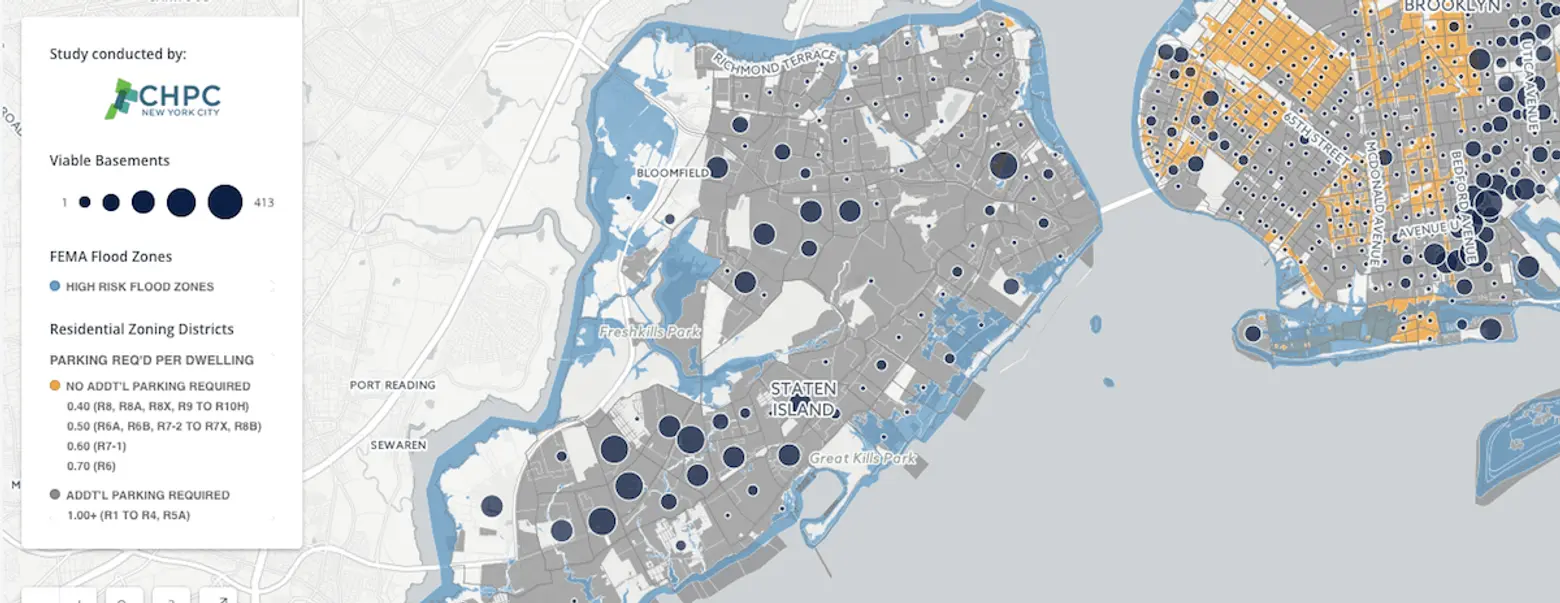
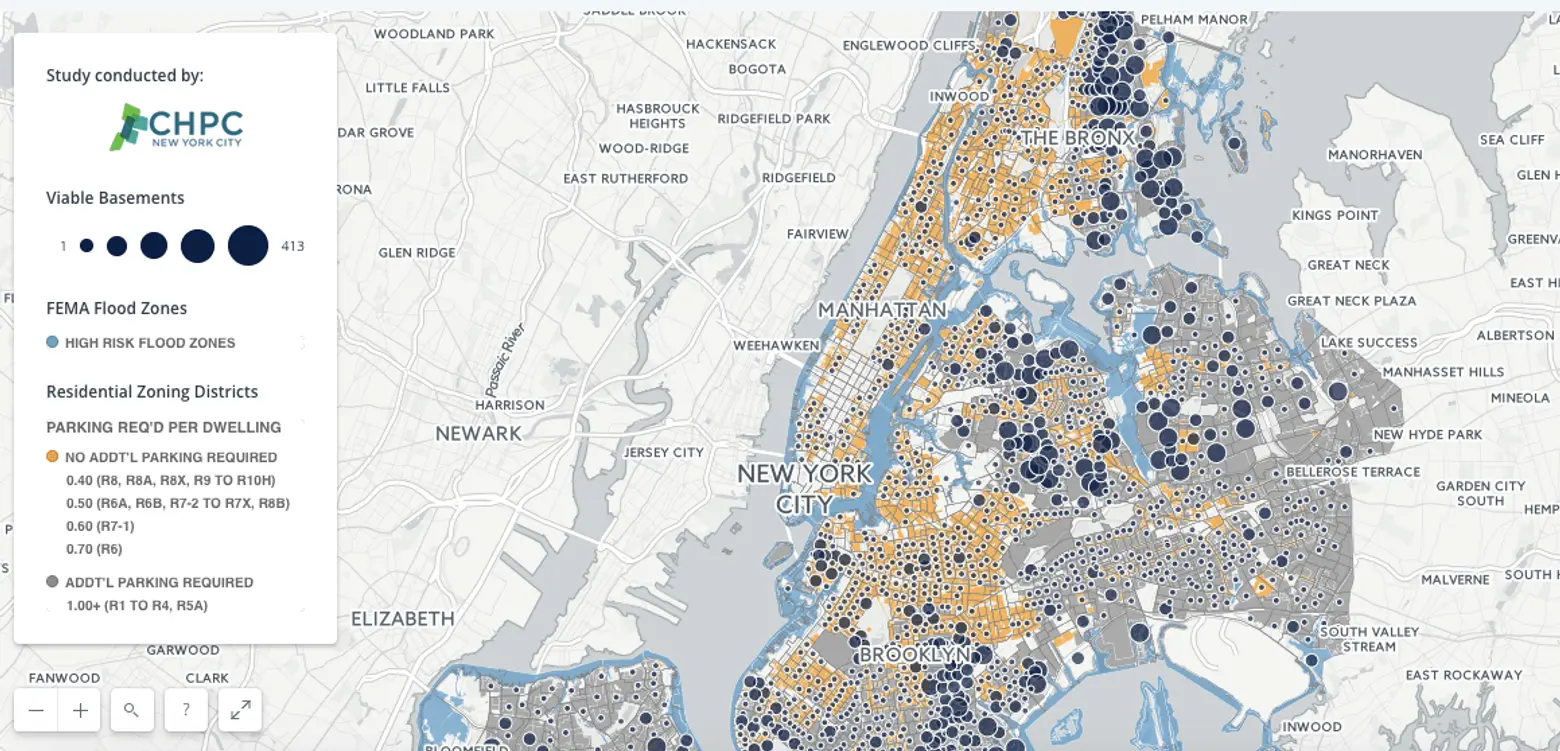
Where the basements are (besides Staten Island): southeast Brooklyn, Queens and the eastern Bronx.
In no place would this be a simple solution. For example, the majority of available basements are in Staten Island, southeast Brooklyn, Queens and the eastern portion of the Bronx (and those areas show the most need may exist for extra income as foreclosure rates are highest). But those areas would require homeowners to provide an additional parking space for tenants. The study suggests finding a middle ground for a pilot program in a community that has both a surplus of underground real estate and less need for parking. Another argument for the conversion program is that it would reduce dangerous living conditions that might currently exist in illegal basement and cellar spaces because homeowners aren’t able to bring them up to safe standards due to cost or prohibitive red tape.
If the pilot program works, the report suggests the city could work toward changing zoning and housing laws to unlock this new layer of potential housing (including the slightly terrifying prospect of allowing the currently off limits below-ground cellars to be occupied). The belief is that if this “hidden” housing stock could be cost-effectively and safely converted, it would “provide a serious amount of new housing that would likely rent for less than the market rate”–though there would be no guarantee that owners wouldn’t simply attempt to keep up with current market rates.
There’s plenty of opposition to the idea, particularly in Queens, which could be why the mayor hasn’t mentioned it past including it in his 2014 Housing New York plan. But De Blasio’s office is reportedly working with Councilman Rafael Espinal on a separate pilot project in East New York which has included discussing first steps with the Department of Buildings and City Planning and the Fire Department, both of whom are wary of basement units for safety reasons.
[Via Crains]
RELATED:
- De Blasio’s 2017 affordable housing plan includes $1.9B for 10,000 new units and Elder Rent Assistance program
- De Blasio pushes again for ‘mansion tax’ on home sales over $2M
- City says Cuomo’s ‘Affordable New York’ plan would cost an extra $820M
- The city added 21,963 affordable housing units in 2016, the most in 27 years
